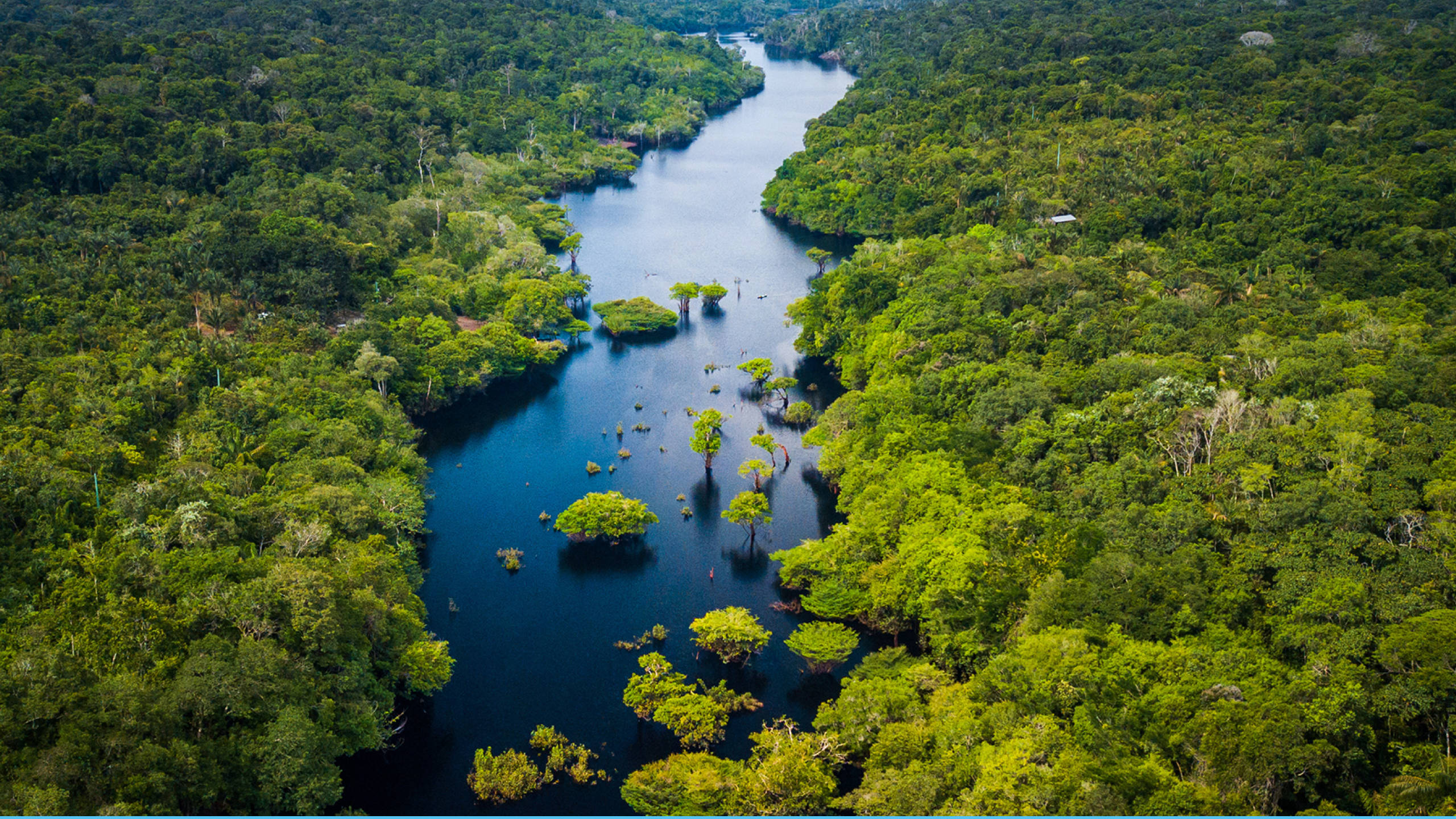Tackling Deforestation
ALDI’s commitment to tackling deforestation
Forests are diverse and complex ecosystems that provide a habitat for plants, animals and people. They are a source of livelihood for local communities, provide important resources, food and ingredients for medicine, and contain significant amounts of the planet's freshwater. Forest conservation helps preserve these ecosystems and mitigate against climate change. However, the clearing of natural forests to create agricultural land, ranching, illegal logging, and mining continues at an alarming rate. One of ALDI’s key commitments is to minimise our impact upon forests. Read on to learn more about how ALDI is acting against deforestation and what you can do to help.
Forest protection
ALDI is striving to eliminate deforestation and land conversion of our natural ecosystems from our supply chains by the end of 2025. Our goal is to ensure high-risk products will either be certified by a standard that covers forest protection requirements or sourced from low-risk origins. You can read more about the ALDI SOUTH Group commitment here.
So, what are we doing to achieve this goal? Let us introduce you to the 3Cs.
1. Certification
Independent third-party certification ensures that sustainability requirements are implemented on the ground and create standards for our business partners to comply with.
2. Collaboration
Having an ongoing dialogue with stakeholders is essential for market transition. The ALDI SOUTH Group participates in key multi-stakeholder and sector initiatives in sourcing countries. By working with partners on the ground and engaging at the origin of raw materials, we create direct impact, promote sustainable production, and support local farmers. We collaborate directly with suppliers and traders, certification bodies and industry groups such as the Palm Oil Transparency Coalition (POTC), Roundtable on Sustainable Palm Oil (RSPO), Retail Soy Group (RSG), the Forest Stewardship Council (FSC) and the Programme for the Endorsement of Forest Certification (PEFC). The ALDI SOUTH Group also joined Consumer Goods Forum’s Forest Positive Collation in late 2024.
3. Capacity Building
We consider supporting projects that have the most impact and minimise deforestation. For example, ALDI works with the RSPO to ensure palm oil has been farmed, processed, distributed and sold responsibly with strict rules that protect animals, the environment and the communities who live and work in palm oil producing countries.
Responsibly sourced wood and paper products
We are proud to say that all our own-label products made of wood or paper are either certified by the Forest Stewardship Council (FSC) or the Programme for the Endorsement of Forest Certification (PEFC) or made from 100% recycled content. Purchasing FSC-labelled products helps forests and the people that rely on them by supporting zero deforestation, fair wage and work environments, preservation and conservation and community rights.
Similarly, PEFC-certified products ensures the product does not contribute to deforestation and supports forest owners who care for their forests and depend on them for their livelihoods. ALDI’s product range includes furniture, stationery and toys, as well as toilet paper, tissue, kitchen paper towels, feminine hygiene products and baby products. 100% of our catalogue paper is also from sustainably managed forests certified by the PEFC.
Responsibly sourced wood and paper packaging
100% of the packaging of our everyday range containing wood or paper material is certified or made of at least 70% recycled material.


